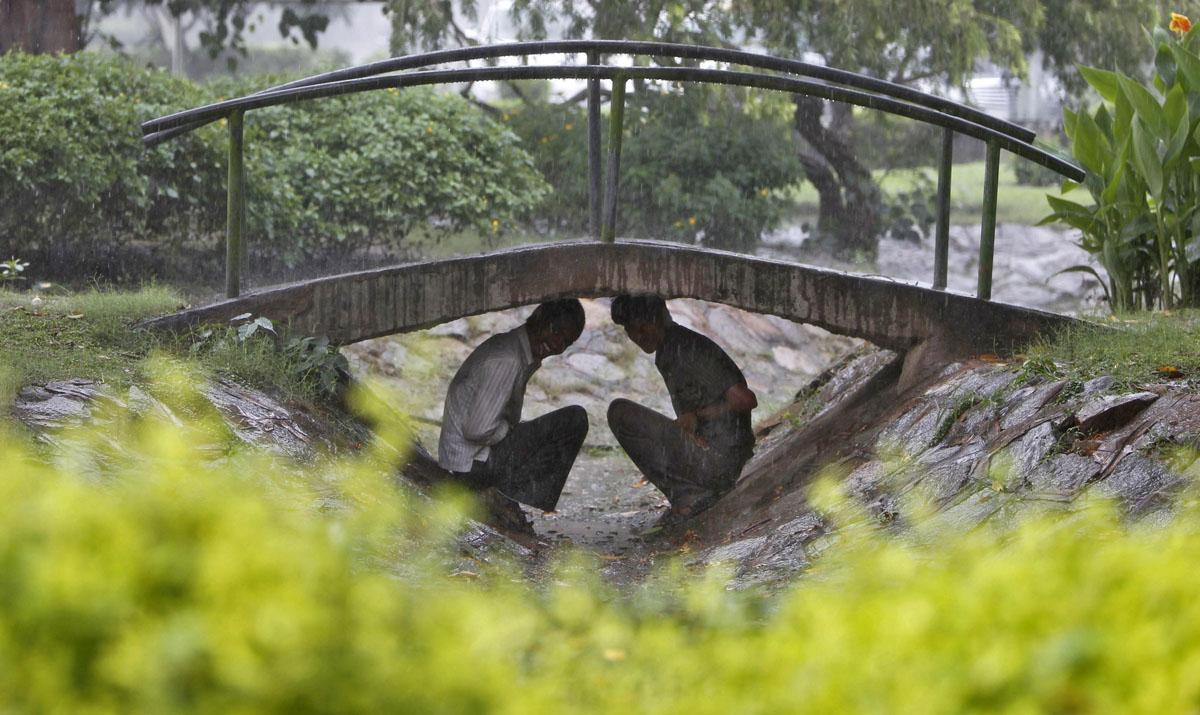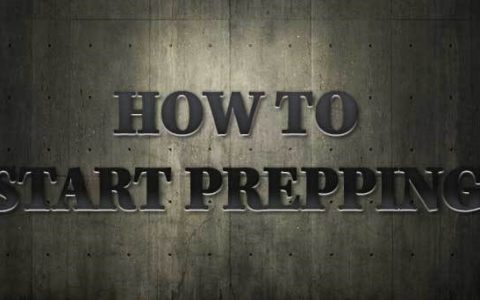
Nowadays, I found myself having more of those “Dear, Lizzie” moments. Here’s what one of our readers asked me:
“Hey, Eddie,
Kick-ass articles, by the way. You always were a good marksman. Here’s a quick one for you: what’s the difference between bugging out and hunkering down? I mean, why should I bother moving out when I have everything I need in my home? Can someone make me evacuate? Would be nice to read about this in your upcoming article. – J.”
Well, J., after giving it some thought, I believe that you’re not the only prepper who has trouble figuring out what to do in case of an SHTF situation. To put it bluntly, it all depends on the context and you “then” and “there.” Each countermeasure has its pros and cons, and, as true preppers and survivalists, it befalls on us to figure out which is the best choice.
Now, it’s not my place to create more confusions than it already is, so I’ll try my best to give you some advice on what course of action would be best depending on your situation.
First of all, in an SHTF situation, assessing the threat is crucial. I can’t say enough times. Take earthquakes, for instance. Since FEMA always advises us that it’s best to remain indoors during a quake, then the obvious choice of action would be to hunker down. Running out the door, even with your Go Bag on can only result in injury or worse.
On the other hand, if the threat comes in the guise of a, let’s say a tsunami, then bugging out would be the better choice. So, you know the first factor that will help you in figuring out an appropriate course of action – the threat itself.
The second one would be your location. As you probably know by now, every geographical area is prone to some sort of natural or man-made disaster. During one of my trips through Eastern Europe, I have come upon a most startling fact – people willing to live in buildings that could collapse at even the smallest earthquake.
Apparently, in former communist countries such as Romania, in case of an earthquake, you would be safer outside than inside even though this fact goes against everything you have learned about prepping!
So, it’s safe to assume that what works in the States doesn’t work in other parts of the globe. Another thing you should keep in mind is that geography plays a key role in survival. For instance, if you’re in an area that’s prone to flooding, high rises, like hills or large rock formations, can provide you with more cover than, let’s say a two-story building. Obviously, in this case, the best course of action would be to bug out instead of staying put.
There are, however, instances, when a course of action becomes unclear. If the authorities don’t provide you with instructions about what must be done, then your best bet would be to rely on instincts. Your risk assessment skills will come in very handy at this point. Ask yourself questions like:
- Where I am?
- How safe is my location?
- Can I find adequate shelter?
- Do I have enough supplies to stay indoors until the danger passes?
- Has thing kind of thing happened before? If so, what was the aftermath in terms of property damages and human loses?
Think before you act! That’s the crux of our philosophy. Don’t take everything you read in manuals for granted. There are cases when those tips can be put to use and other times when those can put your life at risk.
The last factor you should consider in making your decision is your overall level of prepping. There’s no shame in admitting that you we’re not prepared to face a kind of threat. Hell, none of us can be truly ready for everything nature or our peers can throw our way. However, you should not see this as a handicap, but as a way of figuring out what you do with what little you have at your disposal.
For instance, outrunning a flood may be difficult for preppers who spent more time reading about stuff than training. In this case, hunkering down would be the best course of action. Everything about yourself will affect the odds of survival – fitness level, attitude, creativity, and how great you handle under pressure.
Just because you’ve read about stuff or trained it doesn’t necessarily mean that you’re ready for it. Keep this in mind the next time you’re having trouble figuring out if you should bug out or hunker down.
So, to wrap up things, there’s no sure-fire recipe for this. Your decision should be based on things like:
- Location. This also includes geography.
- Threat. Type and level.
- Prepping leve.
One more thing I forgot to mention – don’t discard the expert’s advice. If a police officer or firefighter told you to leave the area or to hunker down, then do it. Don’t try to be a hero or a know-it-all. They are highly-trained professionals who knows how to deal with this sort of stuff. You may later find out that the course of action you wanted to take could have gotten you killed.
Wrap-up
Hope I managed to answer your question J. As for the rest of you, stay safe, and do write to us in case you have a question about prepping. I may not be a master prepper, but I least I know that I don’t have to take everything for granted, and, most importantly, I always find a way to nail my boots to the floor when everything goes to shit. If you have the right attitude, the rest’s a piece of cake.




















